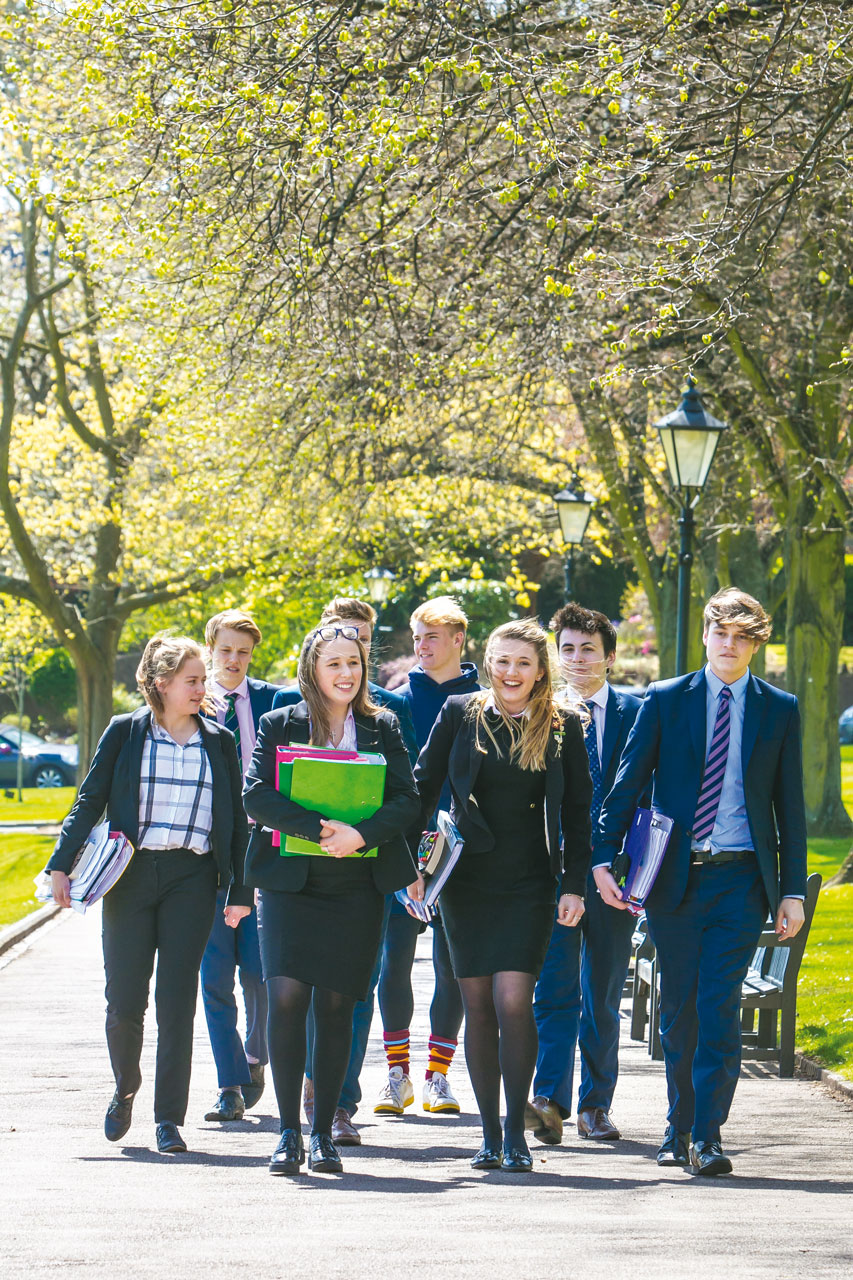21st Century Girls Thrive in Today’s Co-Educational Environments
By
7 years ago

Anthony Clark, the headmaster of Malvern College, Worcestershire shares his views:

The debates concerning the purpose of education and the best way children should be educated are intertwined. The stances adopted on these issues are as old as the hills. Everybody has an opinion and everybody could be said to be right.
Functionalists may say that education develops people who will be able to contribute to the economy and, in doing so, furthers the broader aims of society, while some Marxists believe that education reinforces social class. Feminists could argue that young women may be forced into stereotypical roles because of the expectations of those around them. Plato advocated males and females learning together, and a more recent focus has been on girls outperforming boys, especially at GCSE level. So who is right?
I am an advocate of co-education as the best modus operandi for educating both sexes, but I am quite prepared to accept that some girls and boys will feel more comfortable in single-sex schools without the opposite sex around. So this is by no means an attack on either an all-boys or all-girls education.
I approach the issue from the perspective of education being a preparation for life: in the workplace, women and men need to draw on a deep-seated and shared understanding of the equality between sexes. Of course, in co-educational schools, girls and boys must have different arrangements for living, but they will generally be working collaboratively in class, developing an understanding of different viewpoints and mixing socially. All of this helps to build a different and most valuable combined outlook on the world.
Girls and boys become friends at co-educational schools. These friendships are as valuable as those made with members of their own sex. Girls and boys may make lasting friendships with their own sex in their boarding houses, or in a sport’s team, but friendships between the sexes are formed through pupils working together academically. These friendships extend to the year group and beyond, and they endure. I know of Old Malvernians that regularly keep in touch and have Sunday lunches with their school friends of both sexes. Who wouldn’t wish for this kind of lasting network of friendship and support?
Some people believe that in a co-educational culture there are certain subjects such as physics and computer science that are mainly chosen by boys, while girls might opt for the more arts-orientated subjects, such as English or philosophy. If this was the case some decades ago, my experience is that this is not so in the second decade of the 21st century. Girls are powerful, and they are bright. There is no limit to what girls can do, and those who have grown up in the milieu of co-education do not expect to be funnelled into a certain direction when it comes to subject choice. They are not wary of their subject combinations – they possess determination and make their own decisions.

In co-educational schools, girls are used to being treated the same as the boys. Perhaps in some co-educational schools 20 years ago, it might have been a surprise if a girl were to be head of school, but today it is not. In 2017, we have come to expect that this is the case; the best person for the job gets it and everybody understands that.
In sport, girls and boys play most competitive games separately, but other activities throughout the school programme involve them working together, whether through debating, drama, CCF activities or outdoor pursuits. Academic societies are chaired by girls and boys alike and viewpoints differ regardless of sex.
Both sexes are strong here at Malvern, girls push the boundaries of knowledge and are a force to be reckoned with. Girls and boys form happy relationships and, in my view, are well-prepared for the future where they will be unafraid to meet the challenge of engaging with society at large.
This article was originally published in the autumn/winter 2017 issue of School House.
READ MORE: Smart Schools | A Celtic Education



